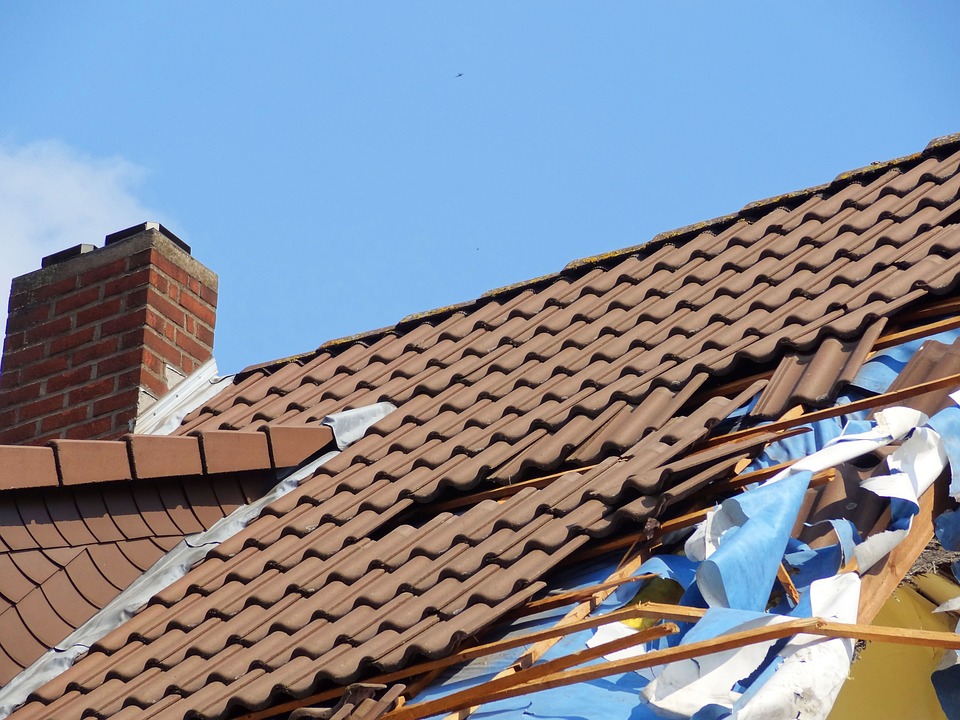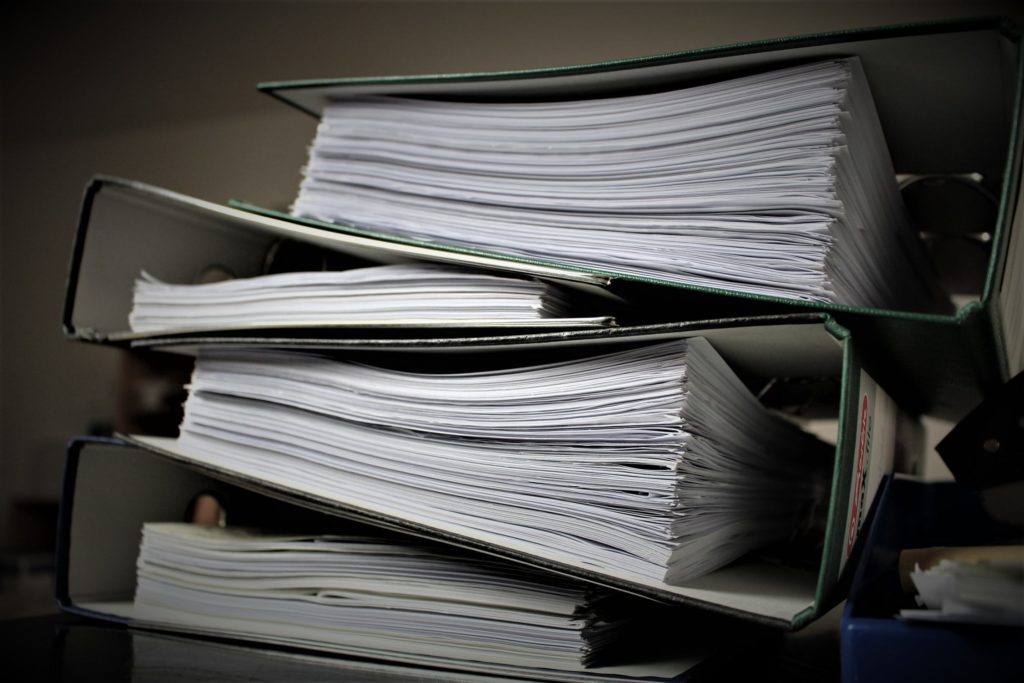Hurricane Preparedness: Checklist of What to do After a Hurricane Hits Your Community Association
Reading Time: 8 minutes
Is your community association prepared to deal with the aftermath of the next hurricane? Many associations around Florida were not ready to effectively handle recovery efforts from the last major hurricane season. This lack of community association preparedness resulted in unnecessary restoration and recovery delays as well as additional expenses. Does your association have an adequate post-hurricane written action plan in place that it can utilize to navigate through the next recovery effort?
Community Association Preparedness During Hurricane Season
The reality is that most property managers, maintenance employees, or other regular vendors of your association will need to tend to their own properties and families after a hurricane so the following recommended actions will likely need to be performed by board members or any members willing to volunteer efforts. This blog post provides a summary of best practices and a checklist of items to complete so that your association is prepared to properly act after the next hurricane hits your community.
Assign A Designated Board Member For All Communications To Needed Professionals
There should be one point of contact on the board for all communications to:
- vendors;
- insurance carriers;
- lenders;
- local government officials; and
- attorneys in the aftermath of a hurricane.
If there is only one board member around at this time then this duty falls on that person’s shoulders, but if there are multiple board members onsite immediately after the hurricane, only one should be designated as the point-person for all communications. It causes a lot of confusion when needed professionals are contacted by multiple board members all providing slightly different information at different times during this hectic and stressful period. This confusion and miscommunication can result in delayed responses and bad advice. Avoid this by designating one point-person for all communications.
Assign A Different Designated Person For All Communications To Residents
There should also be just one point of contact on the board for all communications to owners and tenants. It may seem convenient to have the same board member act as the point-person for all communications to the professionals and the residents; however, it is my experience that the number of resident inquiries during this time is so overwhelming that if the same board member was the point-person for both groups, he/she would hardly have any time to dedicate to communicating with professional service providers.
If your association has 300 or more members, imagine the amount of resident inquires and the time required to handle this. Therefore, as a best practice, the board member dedicated as the point-person for professional services communications and resident communications should be different. These two point-persons, however, will need to regularly communicate with one another to ensure the correct information is being communicated to each group. (This assumes that there is more than one board member available in the immediate aftermath of the storm. If not, then that person will need to be the communications liaison for both groups until additional board members return.)
Make Contact With All Necessary Resources
Once you’ve established the point-person for all communications, then make contact with all necessary resources as soon as possible. You will want to contact your regular vendors and contractors to schedule debris removal, repairs and restoration work. These resources will be very limited, especially considering the demand from around your area by those affected. Make these calls a priority. The longer you wait the further back in line you will be to receive their needed help.
Be careful of those who look to take advantage of victims during an emergency situation. Unlicensed and unqualified contractors and other unscrupulous vendors often arise immediately after emergency situations, looking to prey on unsuspecting and desperate targets. Do your best with the resources you have available to vet any unfamiliar contractor or vendor. Research industry websites, state licensing websites and other official sources (if available) to verify these individuals before entering into any contract or giving them any funds.
Make Contact With All Local Government Resources
Make contact with local government resources to obtain updates on the status of the surrounding areas and available government assistance. Schedule any available and needed resources to get your association property up and running as quickly as possible.
Communicate With Residents As Soon As Possible
Continually update your association website as more information is learned. Post signs and important messages at the front of your community entrance, if available. Email might be the best form of communication during this time, assuming phones/tablets are charged.
Return To The Association Property With Caution
Check with local authorities before returning to the association property if you evacuated or are otherwise displaced. Do not return until it’s deemed safe. Once cleared to return, the association should inform residents as soon as possible that reentry into the community is safe. Please keep in mind that there may be undiscovered damage throughout your association property, which can pose dangerous hazards when returning. Many disaster-related injuries occur after the storm has already passed.
Inspect And Photograph Association Property
For insurance claim purposes, you will want to inspect the association property as best as you can and take photographs and video evidence of the existing damage. Make sure these photographs and videos are date and time stamped, and preserve them so that they can be provided to your insurance carriers as evidence of the damage and subsequent claims.
Ensure Entryways Are Clear of Debris
It is natural to immediately begin clearing debris from around your unit/parcel; however, this effort should begin at all areas of ingress and egress on the Association property. Make sure residents and needed help are able to enter the community.
Create A List Of Repairs And Restoration Projects
As you are inspecting the association property, create a written list of all necessary repairs that need immediate attention. While you are making your list, be sure to capture the exact location of each damaged item in need of immediate repair. Check utility lines, such as gas, water and electric, for damage. Turn off the gas at the main valve if there are leaks. Turn off the circuit breakers if there are downed and exposed lines or if you see sparks from electrical sources. If sewer lines are damaged, do not allow the use of toilets until repaired. Begin checking for mold development.
Call Emergency Board Meetings And Member Meetings As Needed
Even if there is just one board member onsite, you will need to schedule a board meeting and member meeting so that all residents can attend to share information, express concerns and ask questions. Ask your residents to inspect their units for damage and to report it immediately. Residents must also be apprised of the current status of the association property. They should be informed of the actions the board has taken, and actions that will be taken in the immediate future. The association must be able to notify the residents of any areas on association property where entry is prohibited due to extensive damage.
File Insurance Claims
With everything else going on, do not forget to file your insurance claims! For hurricanes that produce widespread damage you can imagine the plethora of claims made. Do not procrastinate on filing a claim with your insurance carrier. The longer you wait to make a claim the longer you will wait for the adjuster and any insurance proceeds. You may also need to file claims with multiple carriers depending upon the damage sustained by your association. For example, what if there is wind damage and also flood damage? In that case, there may be two separate carriers and two separate claims involved.
Contact Your Bank To Access A Line Of Credit, If Needed
If your association is truly prepared then you will already have in place an established line of credit with your bank to tap into during emergency situations. If there may not be enough funds in the operating account, or applicable reserve accounts, to cover the insurance deductible or immediate expenses, then you will want to contact your bank immediately to access a line of credit.
Begin Maintaining All Records From Repair Efforts
Keep copies of all paperwork, including bids, contracts, email exchanges, invoices, receipts, etc. Not only is this information part of the association’s official records, but you will likely need receipts and invoices for your insurance claims.
Review Statutory Emergency Powers
Review the statutory emergency powers that community association boards have during declared states of emergency. If a hurricane has hit your community, it is very likely the governor has designated your area as being in a state of emergency. If that is the case, then the board’s statutory emergency powers are in effect. For condo associations the board’s emergency powers are contained in Section 718.1265, Florida Statutes. For HOAs the board’s emergency powers are contained in Section 720.316, Florida Statutes. These powers include, but are not limited to, entering into agreements with counties, municipalities, and vendors/contractors for removal of debris and to prevent further damage to association property; levying special assessments without a vote of the owners; borrowing money to fund emergency repairs without a vote of the owners; and holding meetings with limited notice provided as practicable.






